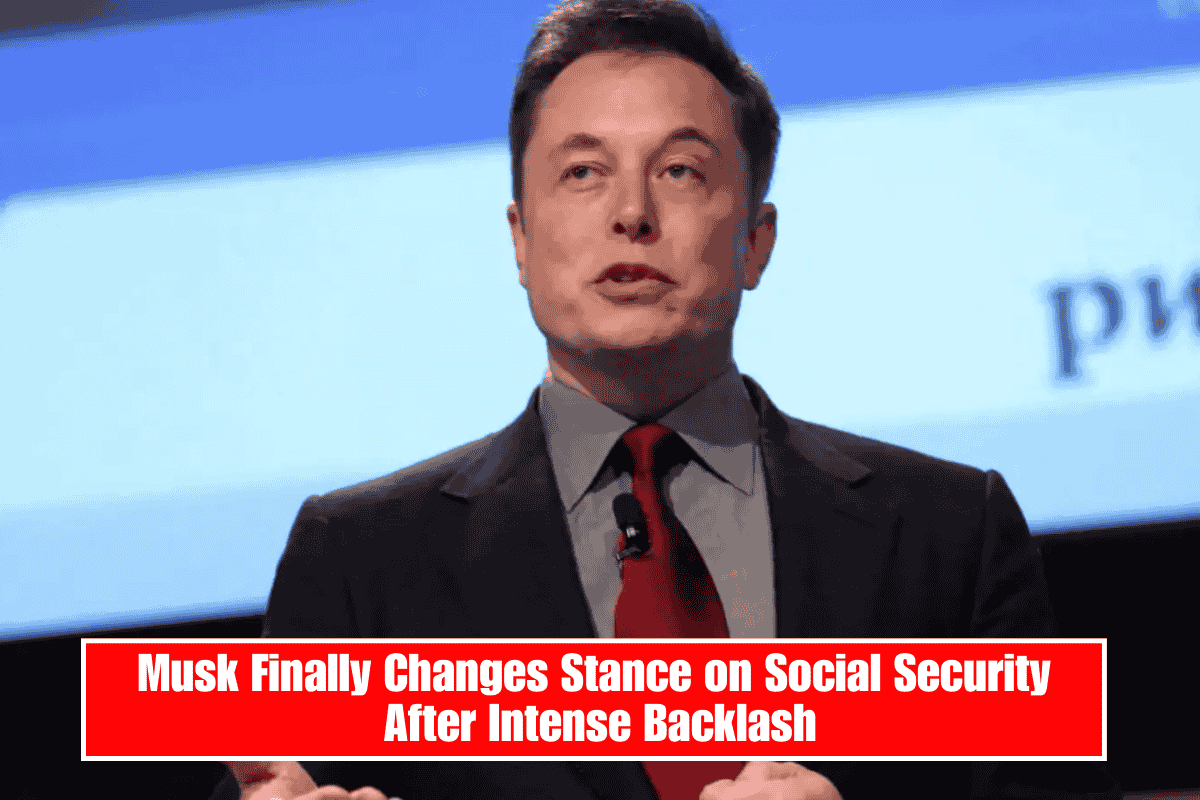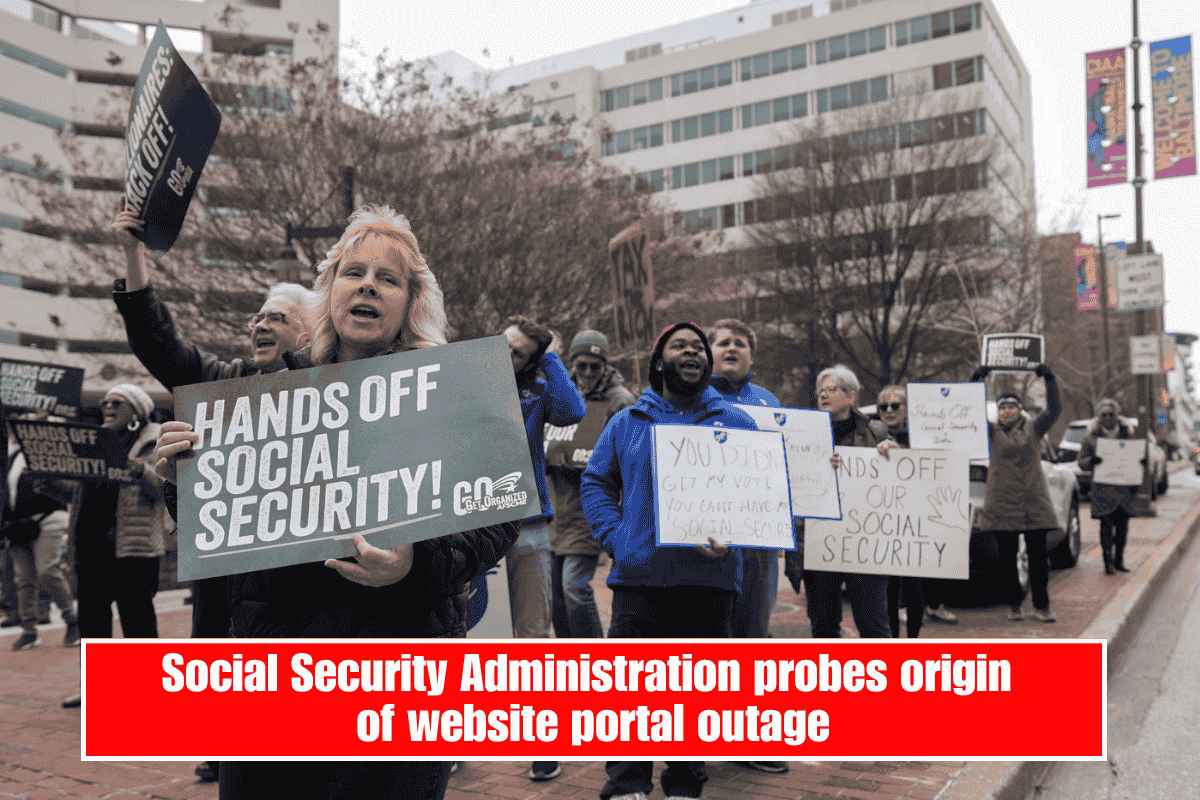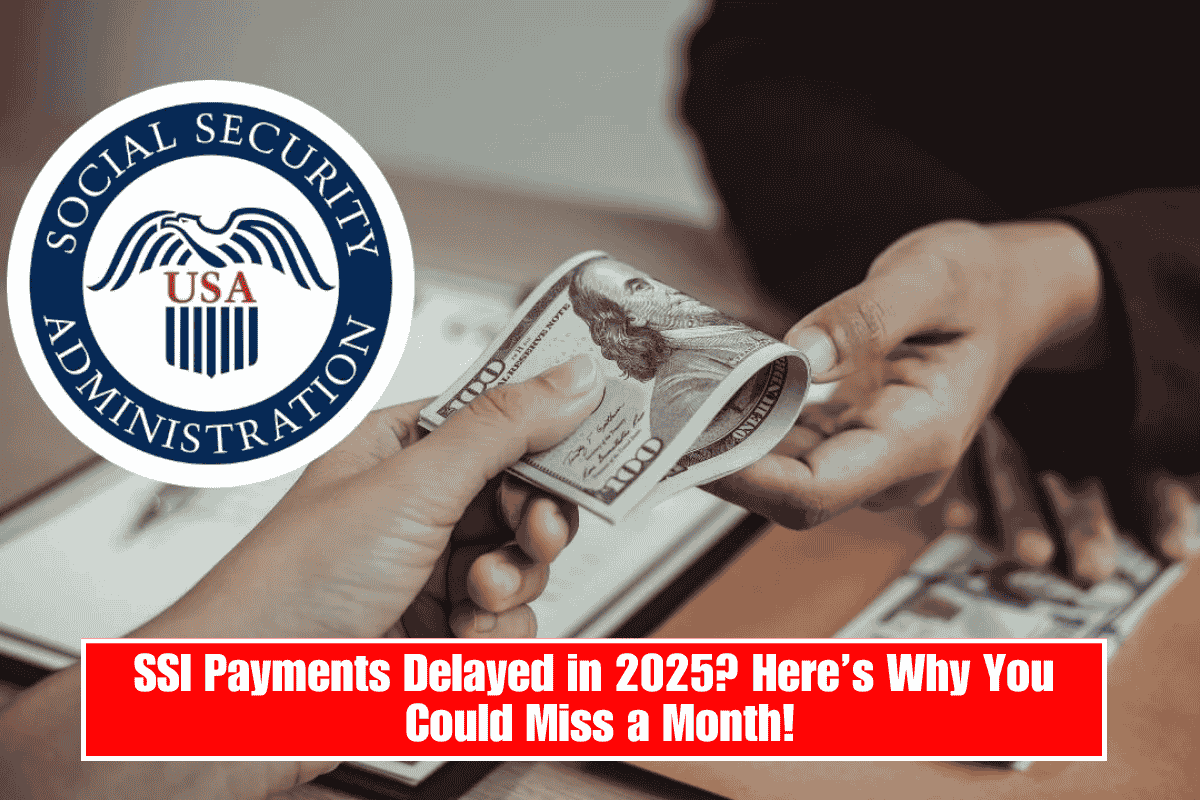According to Knewz.com, Elon Musk’s Department of Government Efficiency (DOGE) has received widespread attention for its efforts to reform the Social Security Administration (SSA).
One proposal, which suggested eliminating phone services for Social Security claims, drew strong criticism.
In response, DOGE reversed some of its plans while confirming that direct deposit updates must now be made online or in person.
DOGE has stationed staff at the SSA to combat fraud in programs that provide $1.6 trillion in annual benefits. Although $72 billion in improper payments have been reported, only a small portion of them are attributed to fraud.
According to DOGES, “Around 40 percent of Social Security direct deposit fraud is linked to fraudsters calling SSA and changing the correct deposit account to a fraudulent one.”
Seven DOGE employees are currently reviewing death records using databases such as Numident and the Master Death File. SSA Acting Commissioner Leland Dudek stated that missing death dates do not always indicate fraud.
Dudek reportedly said, “I work for the president. I have to do what the president asks, even if it means making difficult decisions that I disagree with.
Dudek further stated: “We are committed to rooting out fraud, waste, and abuse in our programs, while actively working to address inconsistencies related to missing death dates.”
Critics claim that DOGE’s reforms are harming vulnerable groups like the elderly and disabled.
New York Governor Kathy Hochul said, “Targeting 90-year-old grandmothers who can’t drive and don’t have access to computers is simply wrong.”
Senator Ed Markey (D-Mass.) added, “Grandparents are already waiting too long for Social Security. Musk and DOGE now want to close field offices and deny employees the ability to use phones. “This is unacceptable.”
DOGE’s team includes a former Tesla board member, and court filings show that the company has borrowed staff from other federal agencies.
Legal challenges have labelled DOGE’s database access as a “unprecedented data grab,” with critics raising concerns about privacy risks and the impact on equitable service delivery.















